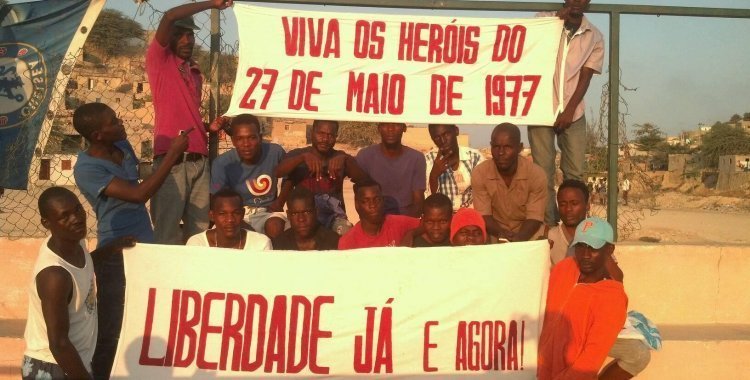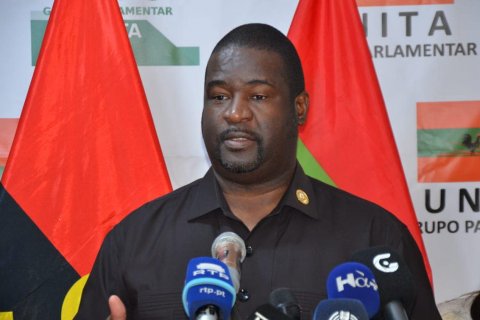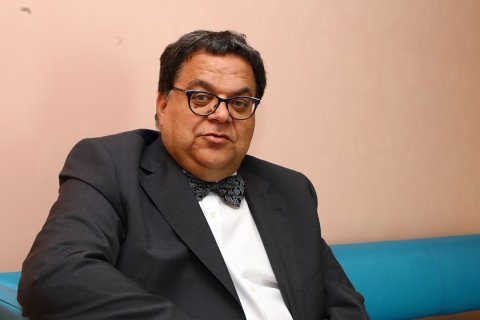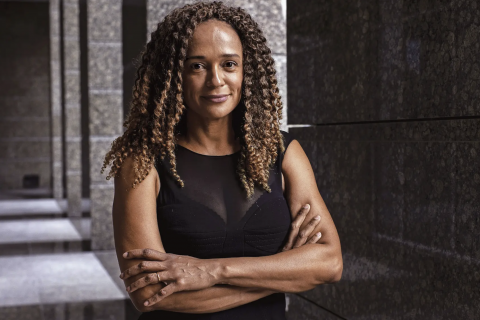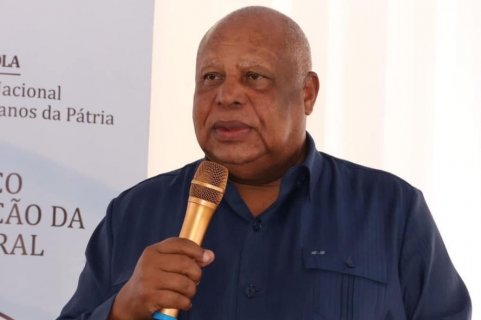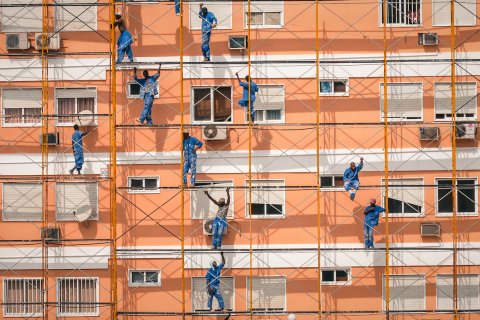The film, which premieres this Friday at IndieLisboa and premieres at Cinema Ideal in Lisbon on May 12, when it is also available on DVD and on television video clubs, features Sita Valles, one of the victims of the violent repression that the Angolan regime shot down the participants of an alleged coup d'état attempt against President Agostinho Neto.
On May 27, 1977, an alleged coup attempt, in an operation apparently led by Nito Alves – then former Minister of Internal Administration from independence (November 11, 1975) until October 1976 –, was violently repressed by the Agostinho Neto's regime and, according to Amnesty International, at least 30,000 people died or disappeared.
Started in 2010, the film project had to wait about ten years before it could be completed.
"When I resumed the project, around 2019, 2020, I was surprised that there had been an evolution that I thought would not exist in ten years and so, really, nowadays people are already able to talk", he said, in an interview with the Lusa agency.
Margarida Cardoso talks about family members and people closest to Sita Valles who were previously afraid to speak.
"There is really a much greater openness and also the new generations that appeared in Angola in ten years, people appeared who also ideologically questioned the MPLA. And, therefore, there were many changes in ten years. I think this is very positive. And I think that the only way to alleviate the trauma a little is for people to be able to talk (...) But it has to be, it has to be through dialogue that some kind of reconciliation is achieved", she defended.
The opening of archives, in Angola and Cuba for example, will help to better understand what happened and the circumstances that led to the death of Sita Valles.
"Yes, I think there are few sources, to be able to investigate what really happened on the 27th of May. In the days leading up to and in the preceding years. In the years of the great purge, let's say," she added.
"One of them would be to open up all sources for investigation, not just those that exist in Angola. I'm talking about sources, documents and all that. They could even open films that I know were made and that I didn't have access to. things filmed, there were really many things filmed by the testimonies I have, even things related to Nito Alves", she added.
Margarida Cardoso mentioned the hundreds of audio cassettes recorded and that she does not know if they were destroyed or not.
"There are documents in Angola and there are mainly people who are alive and who know a lot, they know a lot about what happened and, in fact, if we didn't know, they wouldn't find the bones of Nito Alves or Sita Valles and José Van-Dunem either. ", she said, referring to the Government's indication that the bones of several actors on the 27th of May had been located.
"If Angola opened and then if Cuba could also help, because it also has a lot of documentation on the 27th of May or on the previous years and what happened, I think it would be a great beginning to start having this phase of reconciliation, without people being always in doubt about the truth, about what really happened", she reinforced.
Margarida Cardoso's interest in Sita Valles arose from an article in the Portuguese weekly Expresso.
"It was when I was doing research for one of my films called Ivone Kane (2014), a fiction film whose main character is a heroine of the armed struggle. I was doing research on women linked to the liberation struggles, linked to political issues in Africa and I ended up finding the figure of Sita, I think in Expresso in an article that was written", he recalled.
The interruption of the investigation into Sita Valles was also due to other projects, but above all "because in 2010 it was still very difficult to talk about the events of 27 May" and he had "some difficulties in finding people who would give their testimony without being afraid of reprisals".
"The figure of Sita also interested me because of being a figure that represents a generation in a very strong way. And they underline a series of issues to which Sita's generation was subject. She went through colonial times in Angola, in a Very bourgeois Luanda, extremely divided between what were the musseques and the world of the settlers", she stressed.
"And then he came to Portugal during a time also of the anti-colonial struggle, from the time of the Communist Party in hiding and then he returns to Angola after Independence. so much and then had to struggle with issues also as a question of identity. Having to choose whether to stay, if people, many had to choose, if they wanted to be Angolan, those who were born in Angola if they wanted Portuguese nationality. All these identity issues I was also very interested in her and that's why I chose to make this film," she said.

